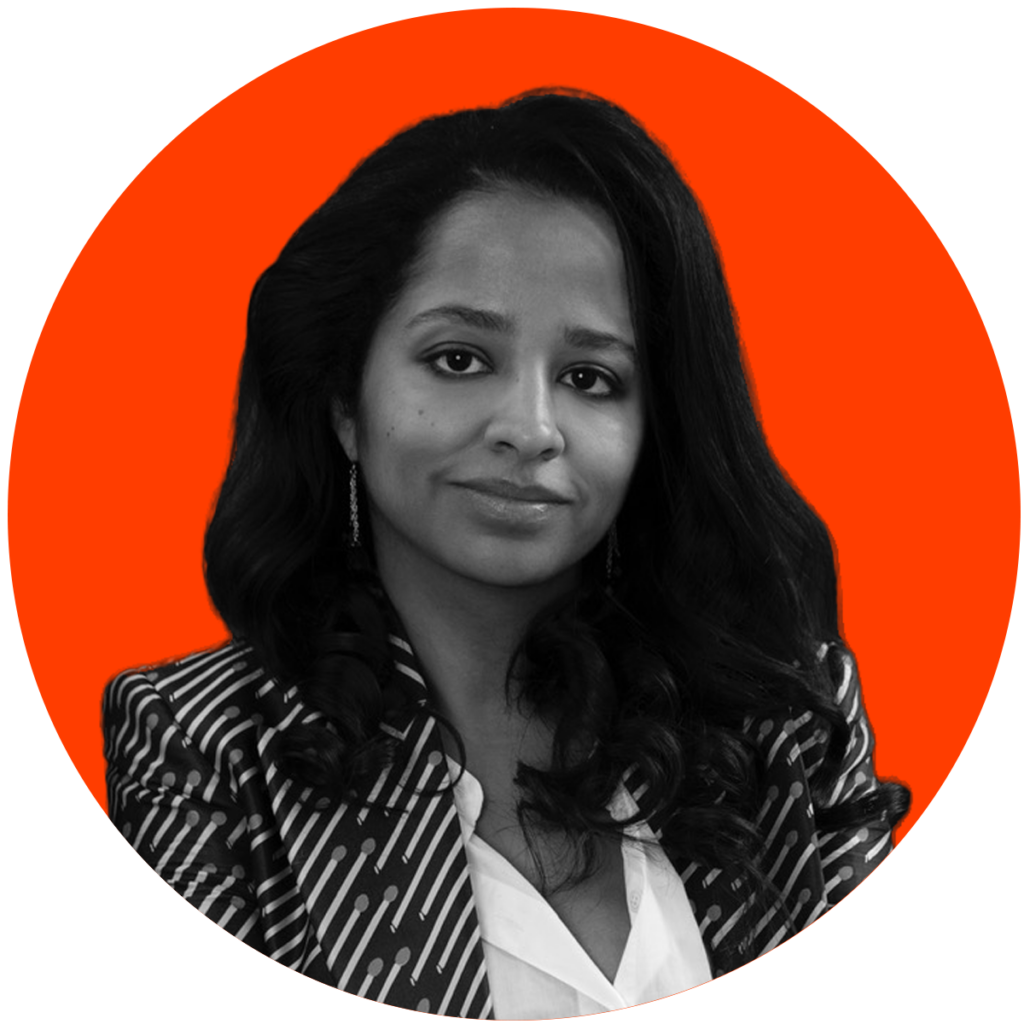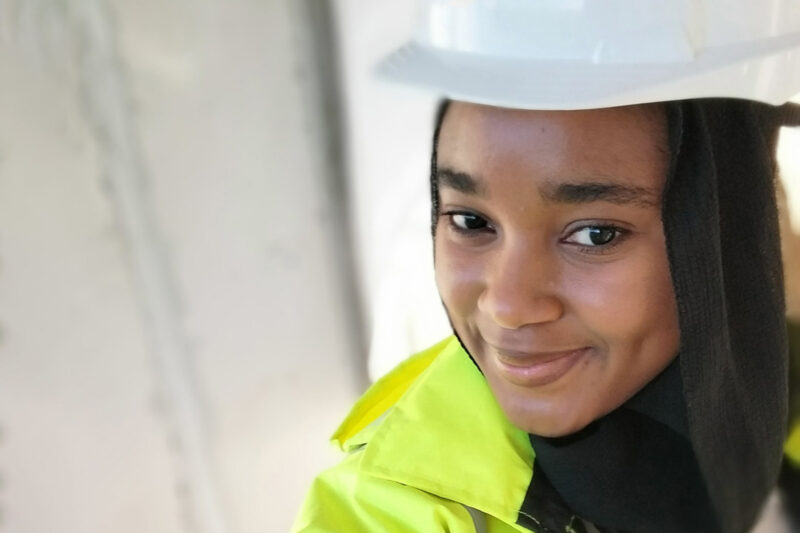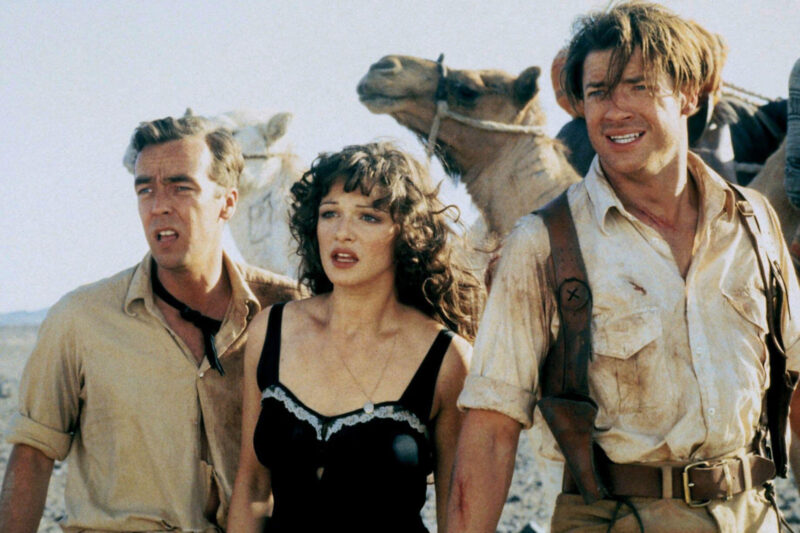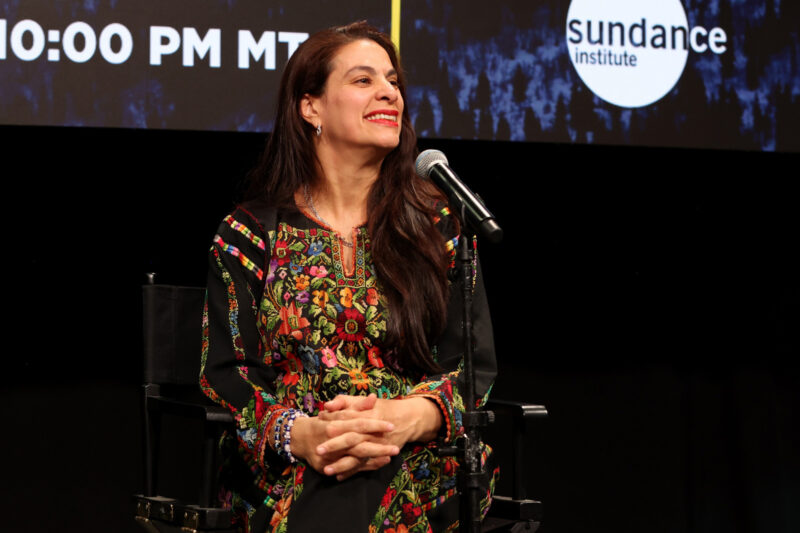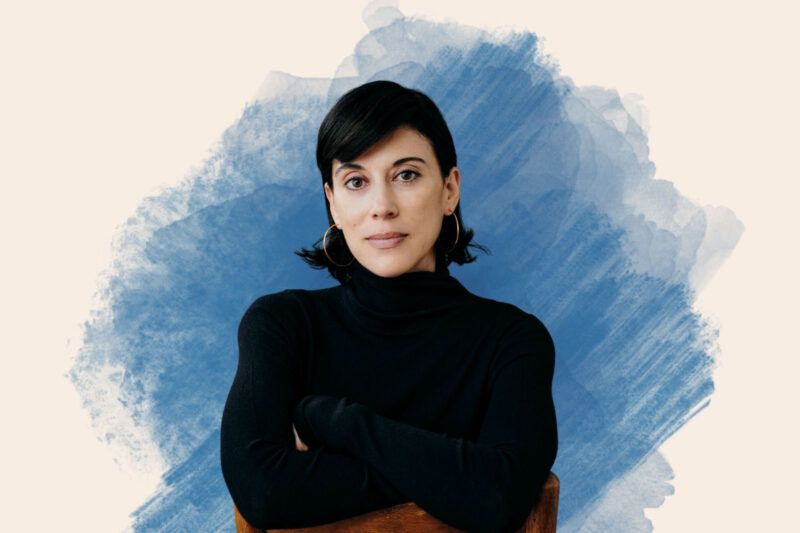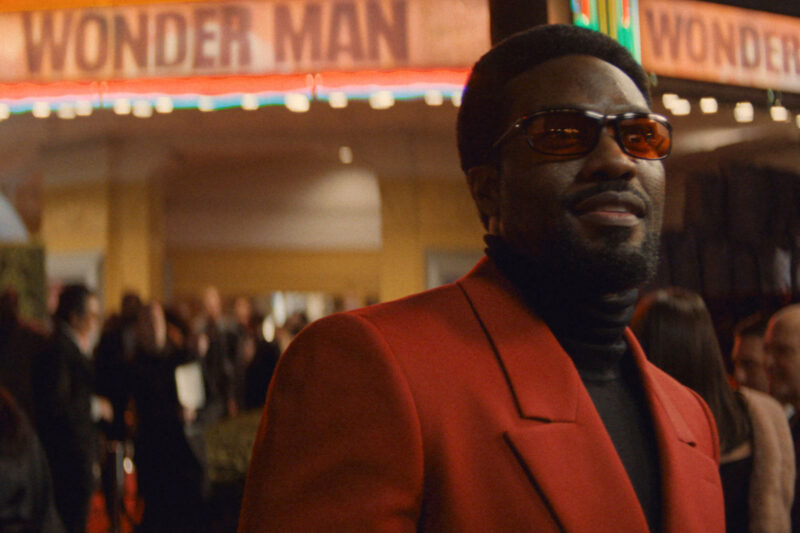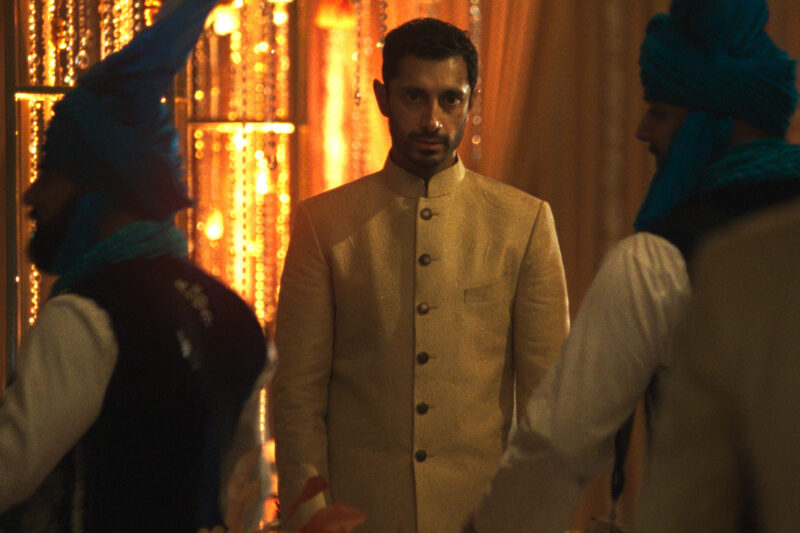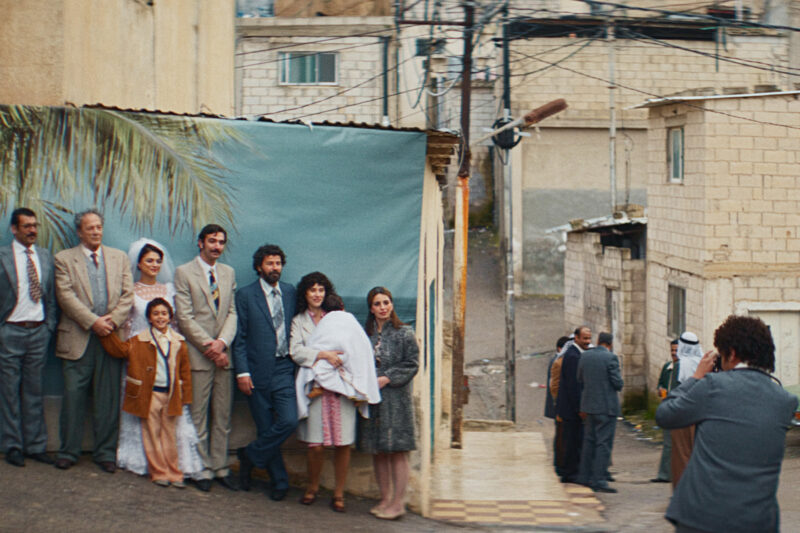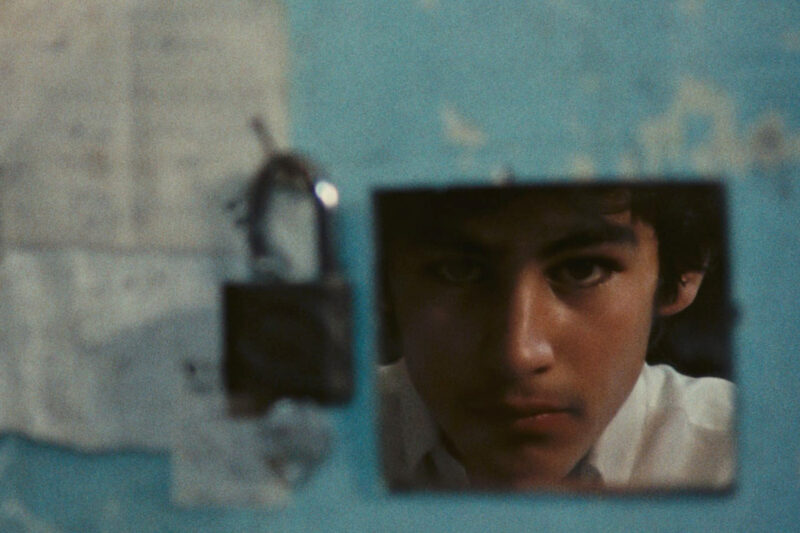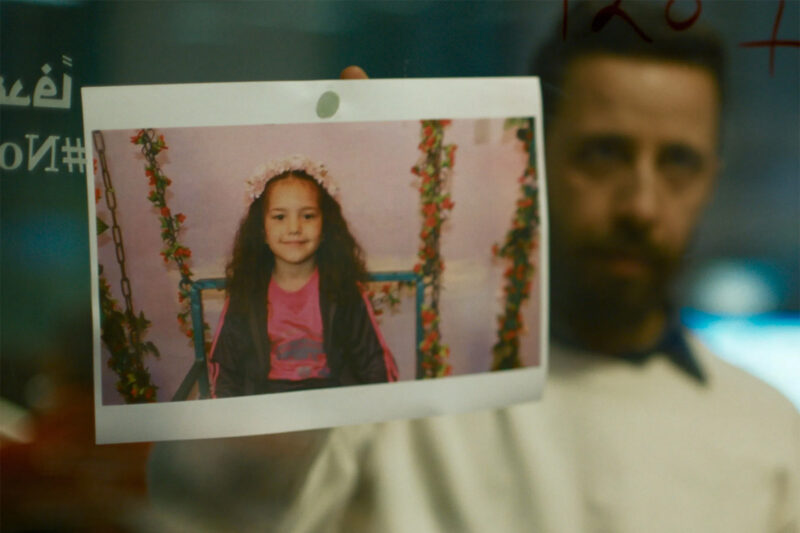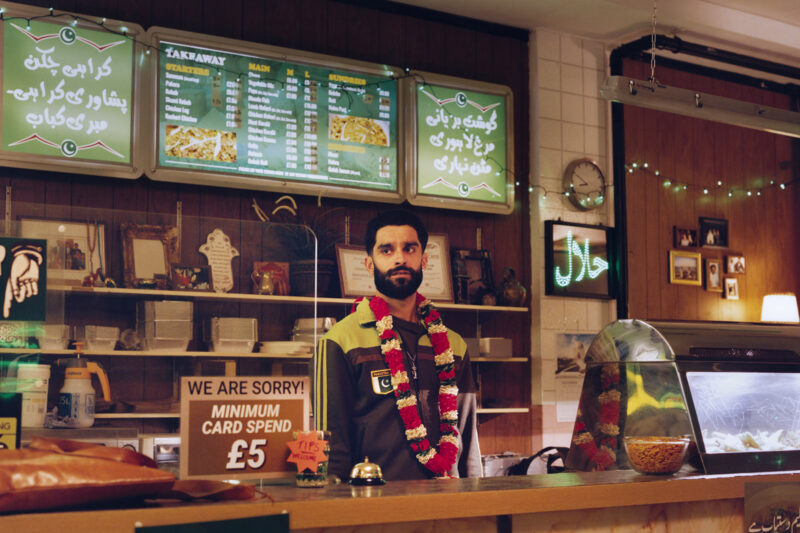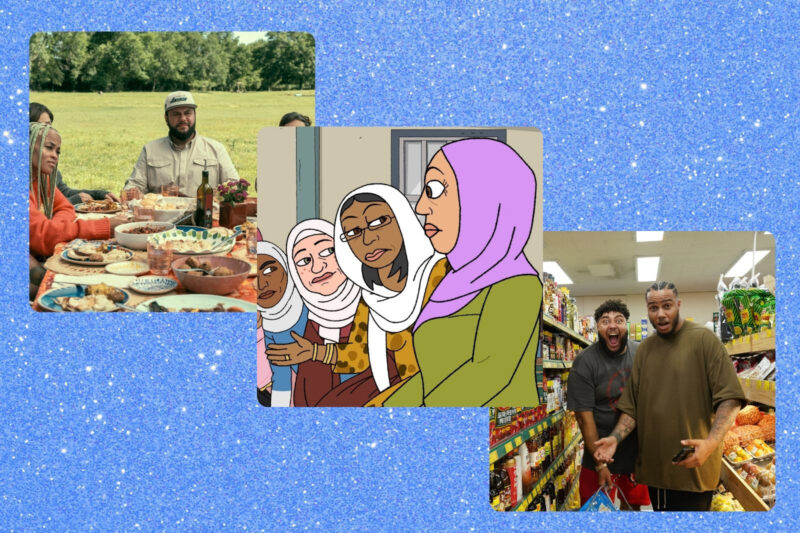Mona Chalabi on the joy and trauma behind #1 Happy Family USA
The new Amazon Prime comedy from Ramy Youssef about a Muslim family living in the wake of the 9/11 attacks is a radical, politically sharp sitcom
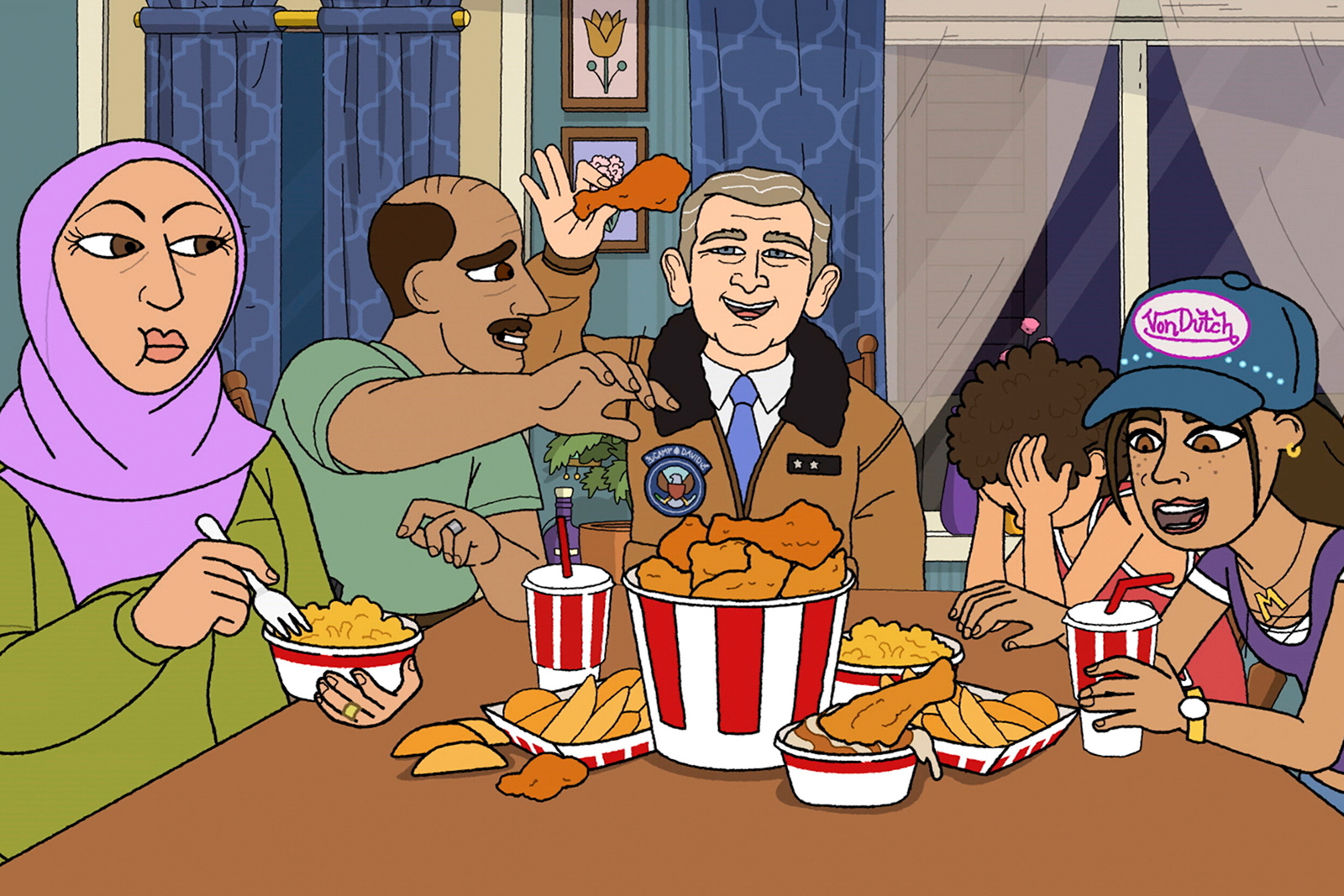
The field of animation allows creatives to truly let loose, and #1 Happy Family USA from Emmy-nominated actor, director and producer Ramy Youssef (Ramy, Mo, The Bear) is no exception, mining the darkest of laughs and the most surreal of images amid news cycles often choked with heartbreak.
The new Amazon Prime comedy, billed as being “from the childhood nightmares of Ramy Youssef”, blends autobiographical humour with razor-sharp cultural critique. This show thrives on contradictions: laugh-out-loud comedy and quiet devastation, silly gags and hijinks wrapped in hijabs.
“There is an interesting balance to strike in a show that has these real stakes — Muslims are seen as a threat today, in very depressing ways — but it’s also a comedy. It has to be a fun show to watch,” says award-winning writer and illustrator Mona Chalabi.
Chalabi, best known for turning complex issues into vividly accessible graphics — such as her powerful project “The story of Gaza’s destruction in 100 lives” — is executive producer, writer and creative director. In #1 Happy Family USA, she shifts into scripted television with the insight of someone who understands both the figures and the emotional cost of assimilation into a hostile society.
Set in a fictional New Jersey suburb in the days pre and post-11 September 2001, the show follows an Egyptian-American family grappling with the awkward intersections of identity and immigration. In the context of 9/11, they see their only hope of achieving the American dream as becoming loud patriots, with a home and a business adorned with red, white and blue as if every day was 4 July. Even when innocent uncles are imprisoned and neighbours view them with suspicion and contempt, the Hussein family remains determined to become the titular #1 Happy Family USA.
“I think you can’t help but see the parallels,” Chalabi says when asked about releasing the show at such a politically charged moment. “Statistically, we’ve seen a rise in anti-Arab hatred, hate crimes, but also just the kind of feeling of mass surveillance, needing to prove your worth in this country, prove your commitment.”
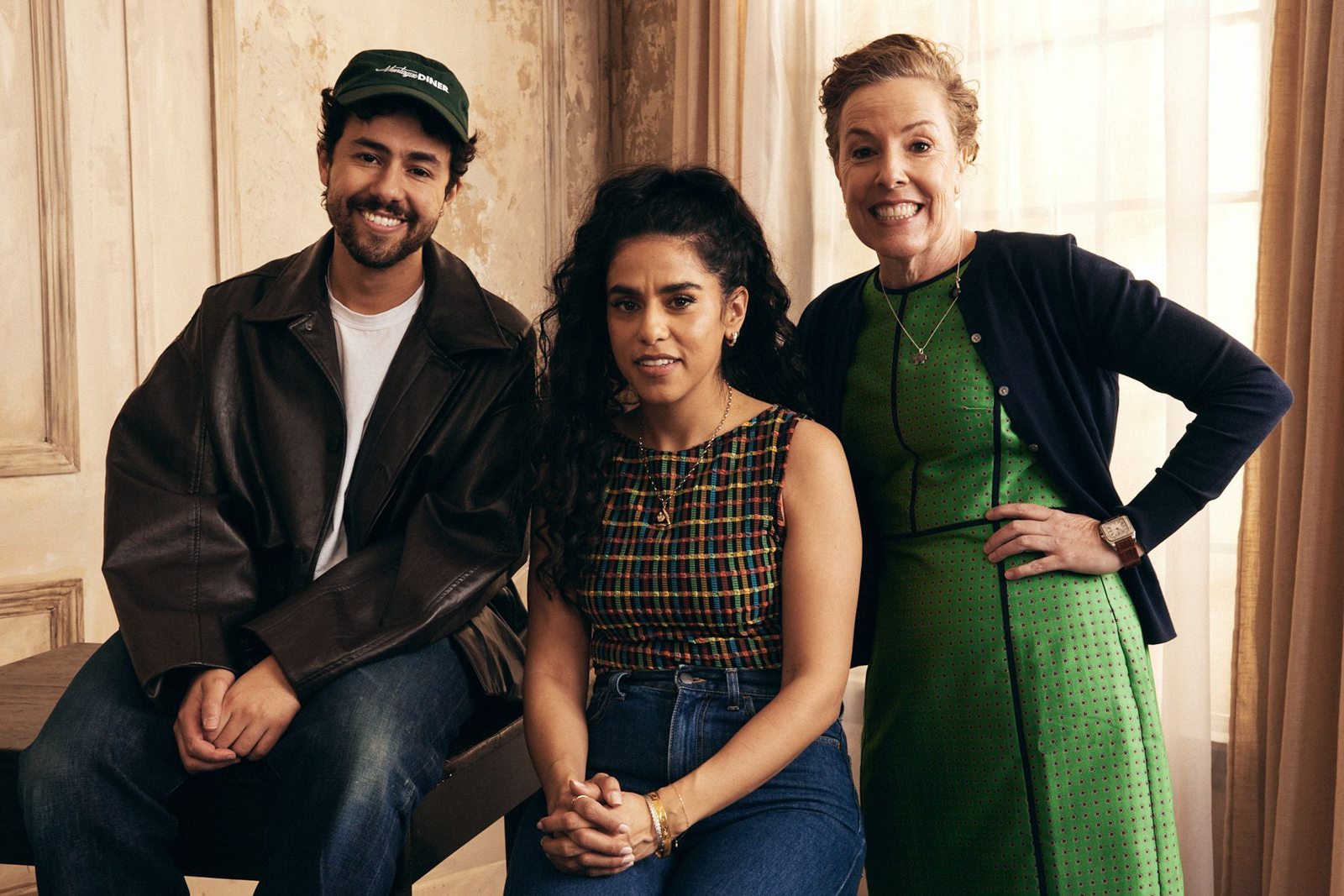
Chalabi and much of the rest of the team drew on personal experience to inform the show’s cultural texture. “My parents are first-generation immigrants to the UK, and now I’m a first-generation immigrant here,” she says, having initially moved to the US in 2014. “So worrying about not being considered sufficiently American is definitely something that I think about a lot.”
The comedy of #1 Happy Family USA isn’t an antidote to this reality — it’s a lens to better acknowledge it after decades of marginalised people being told that they had nothing to worry about, so long as they had nothing to hide. But this family is also one that is not defined by the suspicious white gaze. There’s joyful cultural specificity here in the cousin leaderboards, the sudden appearance of mysterious aunties you’ve never met, and jokes about overzealous toilet paper consumption despite one’s reliance on the shatafa. (“Your butt may be clean, but your energy consumption is not,” father Hussein informs his son.)
While not all audiences may know their shatafa from their shawarma, the goal is that the jokes come so thick and fast that the comedy feels universal. “The thing about, ‘Here’s your relative on the phone for you to talk to’ — I don’t even understand who this auntie is but you have to talk to her…” Chalabi laughs. “I think that cuts across lots of different backgrounds.”
Though Chalabi is of Iraqi descent, the decision to make the fictional family Egyptian was a natural one. “Ramy is Egyptian,” she says simply. “That’s what you can pull from. It makes sense.”
Youssef plays both the family’s father — cardiothoracic surgeon-turned-shawarma cart owner Hussein — and his son Rumi, who dreams of popularity and crushes on his teacher Mrs Malcolm (Mandy Moore).
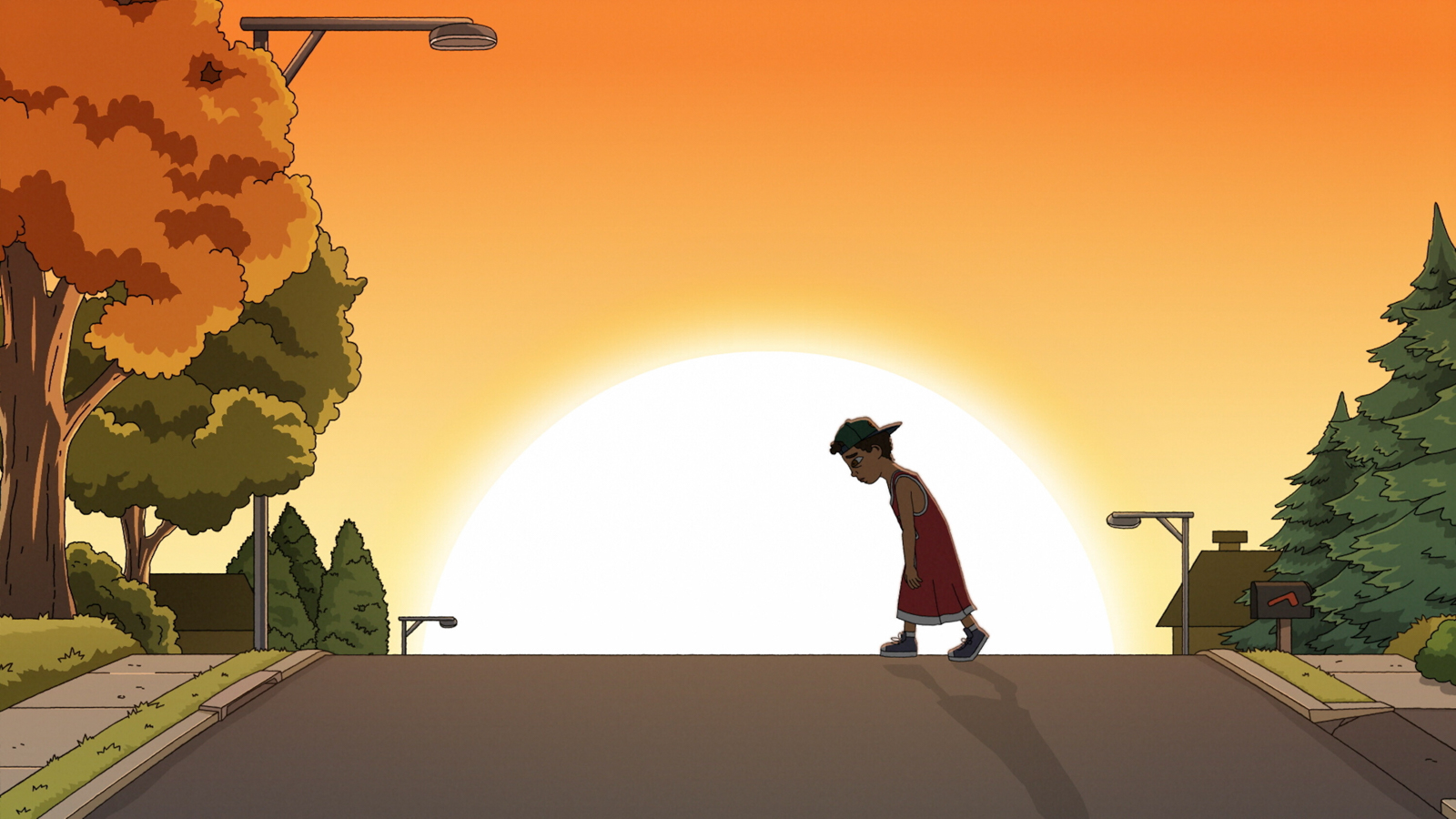
There’s also daughter Mona (Alia Shawkat), whose storyline grounds us in just how different America in 2001 truly was, as she faces the pressures of code switching (“Everyone at school just thinks I’m Italian”), homophobia and a rising tide of Islamophobia to boot.
“Mona’s queerness was there from the get-go,” Chalabi says. “It’s actually something that’s interesting to reflect on from a 2001 lens as opposed to today. I would hope things are markedly different — but it doesn’t mean that it’s easy at all.”
The characters’ ability to shapeshift in order to appease those around them never gets old as a punchline, such as when a Black student explains to Rumi that being yourself in public is something only white people get to do.
“I think all of us are adjusting to how we present in different ways,” Chalabi explains. “What changes the stakes in this show — and for many of us — is that it very often comes down to a matter of personal safety. Or economic security, to make sure that you can get that job and you don’t show up looking a certain way.”
She adds that even seemingly small choices — how she would always spend hours straightening hair before a job interview — can be weighted with meaning. “Sometimes you can’t even really admit it’s what you are doing, but there was a lot about the character and the ways that they code-switched that I really related to,” Chalabi says.
As a British-Iraqi immigrant in the US, Chalabi says her experience has been “filtered through the lens of Arabness in a complicated way”.
“When I speak with a British accent here, I think it almost confers a kind of whiteness upon me. You are viewed as a little bit less threatening,” she says. “The parents of the show have Arabic accents — that’s a different experience to coming here with an accent like mine. That being said, right now, both in my work and in this climate, it feels like I’m just an Arab. And some of that Britishness, at least from a political perspective, gets stripped away.”
Despite its heavy themes, the show is still able to mine humour from the darkest of topics. “There’s nothing Ramy isn’t willing to at least talk about and explore. His humour is always very grounded — it has emotional depth. It’s silly at times, but because it oscillates between seriousness and silliness, you can kind of pay it off. That really is his skillset.”
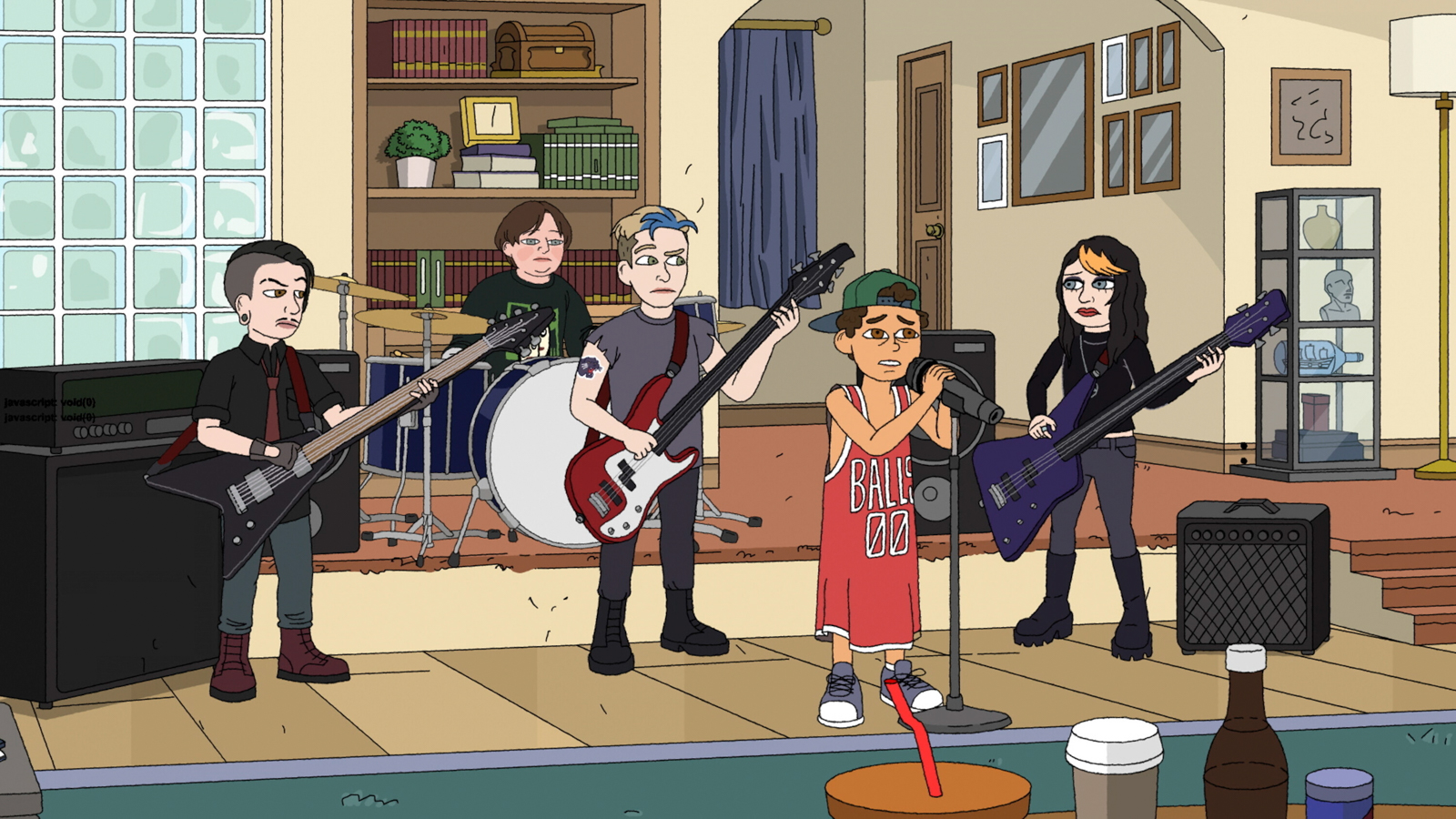
Some of Chalabi’s favourite moments are visual gags rather than punchlines. “Uncle Ahmed’s crotch — his jeans are way too tight, a bit inappropriate. The episode where Rumi becomes a goth. It’s just so beautiful to explore — this kid goes on so many incredible journeys.”
In a media landscape where stories about Arab and Muslim characters are often grim, #1 Happy Family USA offers something radical: an ecstatically joyful, politically sharp sitcom.
#1 Happy Family USA is available to stream now on Amazon Prime.
 Newsletter
Newsletter

